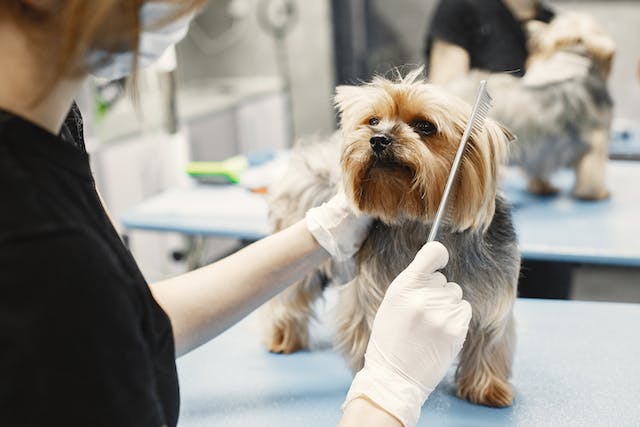7 Things to Know About Dogs Before You Get One

Advantages and Disadvantages of Not Training a Dog
| Advantages of Training | Disadvantages of Not Training |
|---|---|
| Improved Behavior and Obedience | Behavioral Issues |
| Enhanced Communication | Lack of Control |
| Strengthened Bond with the Owner | Potential Safety Concerns |
| Mental Stimulation for the Dog | Difficulty in Social Situations |
| Increased Confidence in the Owner | Strained Owner-Pet Relationship |
Neglecting training can lead to a range of issues, including behavioural problems, safety concerns, and strained relationships. Investing time in training not only enhances the quality of life for your dog but also contributes to a more enjoyable and harmonious companionship.
4. Budget for the Long Haul
Owning a dog is not just an emotional investment; it’s a financial commitment that extends over the entire lifespan of your furry companion. While the joy and companionship dogs bring are immeasurable, it’s crucial to be aware of the financial responsibilities that come with their care.

Food and Nutrition
Quality nutrition is paramount for your dog’s health and well-being. Different breeds have varying dietary needs, and factors such as age, size, and activity level also play a role. Investing in high-quality dog food tailored to your pet’s requirements can contribute to their overall health, energy levels, and longevity.
Grooming and Hygiene

Regular grooming is essential for your dog’s physical health and comfort. Depending on the breed, grooming needs can vary from simple brushing to more extensive care, including nail trimming, ear cleaning, and dental hygiene. While some grooming tasks can be done at home, occasional professional grooming may be necessary, adding to the overall budget.
Veterinary Care
Routine veterinary check-ups, vaccinations, and preventive care are integral components of responsible dog ownership. Budgeting for these ongoing healthcare expenses ensures that your dog receives timely medical attention, helping to identify and address potential issues before they become serious or costly.
Unexpected Expenses
In addition to planned expenses, it’s crucial to set aside funds for unexpected veterinary emergencies. Dogs, like humans, can face unforeseen health challenges, and having financial preparedness can make a significant difference in providing the best possible care during times of need.
Creating a realistic budget that encompasses these aspects will not only contribute to your dog’s well-being but also offer you peace of mind as a responsible pet owner. By anticipating and allocating funds for the long-term care of your furry friend, you’re ensuring that their journey alongside you is filled with health, happiness, and the shared joys of a fulfilling companionship.



